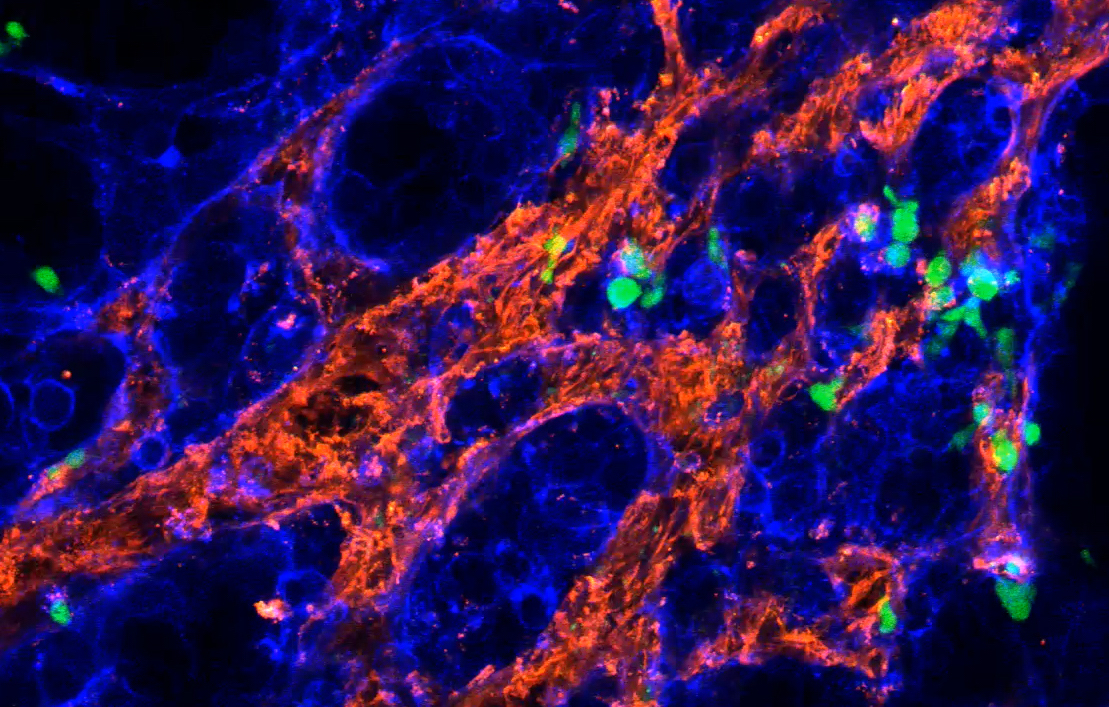
Введение
В борьбе с раком ученые и онкологи разрабатывают всё более точные и мощные методы лечения. Особое внимание привлекает иммунотерапия, среди которой выделяются три перспективных направления: CAR-T-клеточная терапия, NK-клеточная терапия (естественные киллеры) и гамма-дельта Т-клеточная терапия. Эти инновационные подходы меняют принципы лечения рака, предлагая надежду пациентам с трудноизлечимыми или запущенными формами заболеваний.
1. CAR-T-клеточная терапия: прорыв в онкологии
Терапия CAR-T-клетками стала одним из самых значительных достижений в лечении рака. Метод заключается в извлечении Т-клеток пациента, их генетической модификации для атаки раковых клеток и последующем возвращении в организм.
Преимущества:
Высокая эффективность против рака крови: лейкемии, лимфомы и множественной миеломы.
Обеспечивает длительную ремиссию у пациентов, исчерпавших традиционные методы лечения.
Проблемы:
Наибольшая эффективность пока достигнута против рака крови, тогда как лечение солидных опухолей остаётся сложной задачей.
Возможны серьёзные побочные эффекты, такие как синдром высвобождения цитокинов (CRS).
Китайские клиники, например, Шанхайский онкологический центр Университета Фудань, активно развивают это направление и проводят клинические испытания для применения CAR-T-терапии против солидных опухолей.
2. NK-клеточная терапия: использование естественных защитных сил организма
Терапия NK-клетками использует врождённый иммунитет для борьбы с раком. Естественные киллеры (NK) — это тип лейкоцитов, способных распознавать и уничтожать раковые клетки без предварительной активации.
Преимущества:
Более широкий спектр действия, включая солидные опухоли.
Меньший риск серьёзных побочных эффектов, таких как CRS.
Проблемы:
Меньшая специфичность по сравнению с CAR-T-клетками.
Требуются дополнительные исследования для повышения эффективности и persistence NK-клеток в организме.
Ведущие китайские клиники, такие как Пекинская объединённая больница, активно исследуют и предлагают NK-клеточную терапию для пациентов, устойчивых к другим видам лечения.
3. Гамма-дельта Т-клеточная терапия: новый рубеж
Гамма-дельта Т-клеточная терапия — это перспективное направление в лечении солидных опухолей, которое остаётся сложной задачей для других методов. Гамма-дельта Т-клетки сочетают свойства врождённого и приобретённого иммунитета, что позволяет им распознавать и уничтожать различные типы раковых клеток.
Преимущества:
Эффективность против рака крови и солидных опухолей.
Способность обходить механизмы уклонения опухолей от иммунного ответа.
Проблемы:
Терапия находится на стадии клинических испытаний.
Требуется больше данных о долгосрочной эффективности и безопасности.
Клиники, такие как Онкологический центр Университета Сунь Ятсена, активно развивают это направление и проводят исследования для расширения применения терапии.
4. Сравнительный анализ CAR-T, NK и гамма-дельта Т-клеточной терапии
Каждый из методов имеет уникальные преимущества и ограничения:
CAR-T-терапия: Высокоэффективна против рака крови, но менее успешна против солидных опухолей.
NK-клеточная терапия: Безопаснее и применима к широкому спектру заболеваний, но требует повышения эффективности.
Гамма-дельта Т-клеточная терапия: Перспективна для всех типов рака, но нуждается в дальнейших исследованиях.
Эти методы представляют будущее персонализированной медицины в онкологии, предлагая более эффективные и менее токсичные варианты лечения.
Заключение
Иммунотерапия открыла новую эру в лечении рака, предлагая надежду пациентам с ранее неизлечимыми заболеваниями. CAR-T, NK и гамма-дельта Т-клеточные терапии демонстрируют уникальные преимущества, а их дальнейшее развитие сделает лечение ещё более доступным и эффективным. Особую роль в этом процессе играют медицинские инновации в Китае, где ведущие клиники активно внедряют и совершенствуют эти методы.